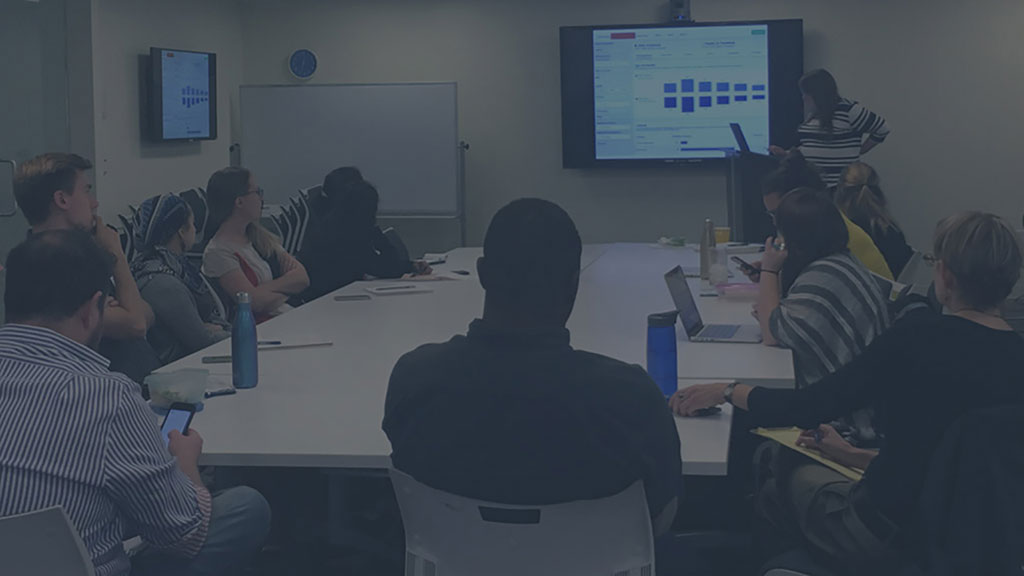Our Work
HOW DO WE HELP BUILD MOVEMENTS?
Movements most powerfully come together and capture the public imagination where they intersect with their audience—in the media. While organizations have members and constituencies, most Americans form an understanding of an issue through the media, through contested discourse, and through the values they associate with each “side,” rather than through any individual organization.
That’s why our motto (coined first by one of our staff) grew to become, “The issues are our client.” What does this mean? It means working to align messages and provide capacity-building support across an entire sector. It means no billable hours and the ability to say yes to helping organizations who are doing great work, but do not have the resources or staff to get that work out there. And it means monitoring the issues 24/7 and helping organizations and community members respond quickly to an unforeseen crisis or opportunity, whether or not we have ever worked with them before.
You’ll hardly ever see our name in print. We deliberately operate behind the scenes and we work hard to be a neutral convener. To us, success looks like building greater cohesion; centering the voices of the advocates, experts, and community spokespeople that we work with; and reaching and building a broader constituency—a constituency that values and stands up for civil and human rights, a stronger and more representative democracy, and international cooperation and diplomacy.
The ReThink model
Communicate Collaboratively
Strengthen Message Cohesion
Use Data to Drive Strategy
Power Rapid Response
Amplify New Voices
Innovation and Emmergent Learning
Training and Media Skills
We deliver on-line and in-person media skills workshops for nonprofits of all sizes and select experts.
Every media skills session ReThink develops is uniquely tailored to the group receiving the training—grounded in a deep understanding of the issues they work on, their organizational capacity, and the media landscape they are operating in. Whether it's crafting a strategic communications plan for your organization, learning the Do's and Don'ts of engaging a reporter on Twitter, or building your own expert media profile—as one participant said, "no other professional media training comes within a country mile of ReThink's in terms of value." Learn more or request a training session...

How Can We Work Together?

If your organization works in one of our issue areas or as an allied group, you may be eligible for access to many of the resources and training we offer.
If you are supporting progressive causes in another sector and want to find out more about advancing a similar capacity-building initiative to support the work of your grantees, we are eager to help—ask about our advisory and consulting work.
If you are a program officer at a foundation or an individual philanthropist interested in advancing or finding out more about ReThink’s work, ask us about our Partners program.